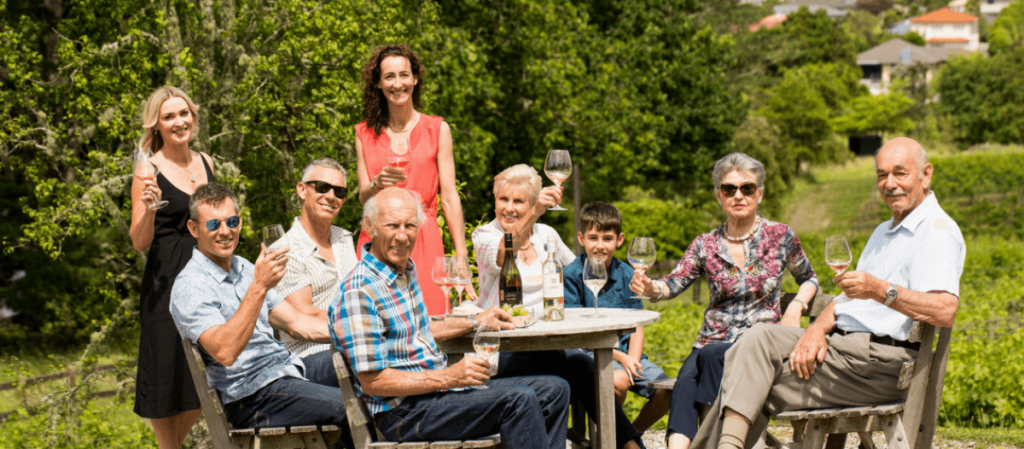The wine business in New Zealand is renowned for its creativity, excellence, and stunning scenery, which yields some of the best wines in the world. One of its most valuable assets is Babich Wines, a family-run winery with more than a century of history. Babich Wines, a globally renowned brand with vineyards in Marlborough, has grown from modest origins in Auckland to embody heritage, passion, and excellence.

The Babich Wines’ History
Josip Babich, a Croatian immigrant, planted his first vineyard in Auckland’s Henderson Valley in 1916, marking the beginning of Babich Wines’ history. When Josip and his brothers left their own country for New Zealand, he was just 14 years old. As they cleared ground and prepared the soil for their vines, the Babich family’s early years were characterised by perseverance and hard effort. Josip established the groundwork for what would grow to be one of New Zealand’s most prestigious vineyards with a passion to create premium wines and an unwavering work ethic. His first vintage, a straightforward but promising wine, demonstrated his commitment and laid the groundwork for the winery’s subsequent success.
When Babich Wines first started out, it was a small business that made mostly local wines. In order to improve the calibre of his wines, Josip experimented with several grape varieties and winemaking methods, demonstrating his inventive spirit even at that time. As the Babich family’s reputation for quality increased over time, their wines started to become known outside of Auckland.

The Henderson Valley in Auckland: The Birthplace
Babich Wines was founded in the Henderson Valley, which is on the outskirts of Auckland. The area was perfect for viticulture because of its rich soils and temperate temperature. Babich Wines transformed from a tiny vineyard into a flourishing business throughout the years, helping to make Auckland a major force in the wine industry of New Zealand. The winery’s headquarters are now located on the Henderson Valley estate, where traditional and contemporary winemaking methods coexist.
Babich Wines was instrumental in bringing table wines to a market that had previously preferred fortified wines in the middle of the 20th century. This change mirrored Josip’s visionary outlook and contributed to the development of the wine industry in New Zealand as it exists today. In order to keep their production methods at the forefront of innovation, the winery also started to invest in contemporary facilities and equipment.
The Centre of Sauvignon Blanc is Marlborough
Babich Wines extended its business to Marlborough, the top wine-growing region in New Zealand, in the 1980s. Internationally renowned for producing world-class Sauvignon Blanc, Marlborough is known for its varied soil characteristics and cold climate. Babich Wines saw the area’s potential right away and planted vineyards that would come to represent excellence and creativity. A flagship wine today, Babich’s Marlborough Sauvignon Blanc is praised for its crisp finish, tropical fruit aromas, and lively acidity.
Types of Soil at Babich Vineyards
The character of Babich’s wines is greatly influenced by the variety of soil types found in their vineyards. The free-draining alluvial soils with gravel and clay layers that make up Marlborough’s vineyards are perfect for Sauvignon Blanc and other aromatic white wines. On the other hand, Pinot Noir thrives in areas like Central Otago’s loamy soils with clay subsoils, which guarantee steady ripening and deep complexity. Volcanic soils in Auckland’s Henderson Valley provide Syrah and other varieties with rich aromatics and a spicy depth. Furthermore, certain vineyards have soils that are rich in limestone, which improves the acidity and minerality of the wine, especially Chardonnay. The distinctive characteristics of Babich’s wines are influenced by mixed sandy soils in other regions and stony soils in the Wairau Valley of Marlborough.